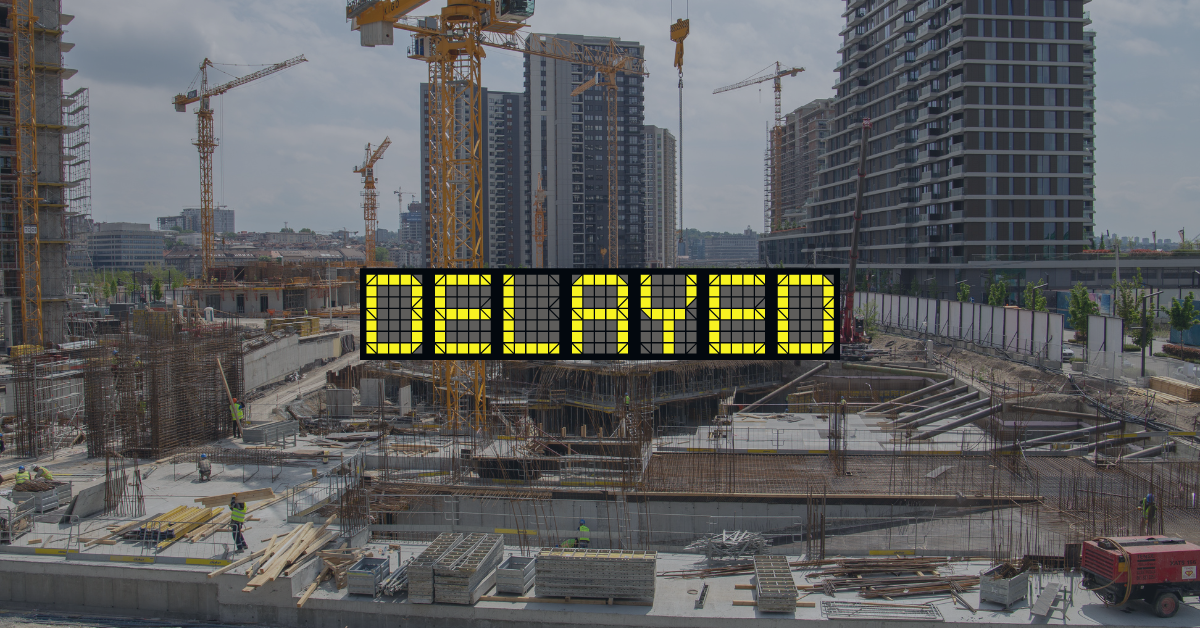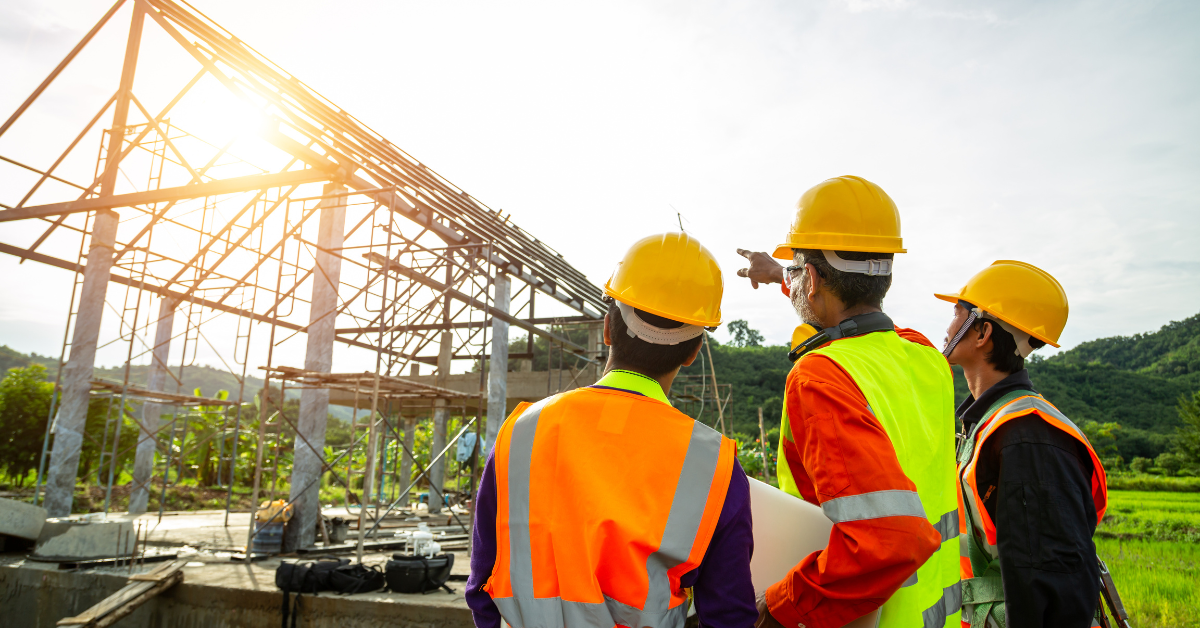Delays aren’t new to the construction industry, and everyone we speak to has experienced delays to their projects at some point, whether factors are internal or external. In 2016, Cornerstone Projects conducted an industry survey to closely examine delays, repeating the same survey in 2022 to compare the results. A lot changed during the six years between the two surveys, from Brexit to a global pandemic. The results showed that more projects are subject to delays of varying degrees in 2022 than in 2016, with many different causes cited.
These are some of the most highlighted reasons for delays – with some additional issues that we come across frequently.
Poor planning and scheduling
If a project isn’t scoped out accurately to begin with, it’s more likely that delays will crop up later. It’s understandable that contractors will want to be optimistic about delivery times, especially if there are target timelines that they need to consider. Unrealistic scheduling can be a huge problem though, with 31.4% of respondents to the Cornerstone survey citing this as the number one reason for delays.
Budget constraints
It’s not uncommon for projects to go over their original budget, from costs relating to human resources to inaccurate estimations impacting supplies further along the process. Getting an original estimate wrong can have a hugely negative impact on the timescales of a project.
Lack of document control
Poor document control can cause huge delays to a project’s timeline. Updated drawings get missed leading to the need for rework – one of the biggest causes of increased costs and overall delays. If there isn’t a solid process in place to keep track of important documents and updates files can go missing leading to an increase in time spent on admin that have a wider impact on timelines. This problem can be magnified if you don’t have a system that’s fit for purpose – using emails and messaging apps are a surefire way to miss important updates and skip out on accountability.
Weather and environmental factors
Even in the height of summer, the weather can throw a spanner in the works. Other than keeping an eye on weather forecasts and trying to plan accordingly, you can’t control what the climate does on any given day. Depending on where you are located, the weather can be anything from torrential rain to tropical storms or hurricanes. Any type of extreme or persistent weather will have an impact on project timelines and as an external factor there isn’t much that can be done - as much as we'd love to provide a solution for this problem, rain will always find a way!
Resourcing issues
This could refer to both physical supplies and human resources. If there is a poor planning and scheduling process at the start of the project, there’s more likely to be problems with resources further down the line. Striking the right balance of people on-site can impact project times – too few and you spend more time on getting staff on onboard, too many and you run the risk of going over budget.
Post-pandemic, construction has been moving at an incredibly fast pace and like a lot of other industries, there is a struggle to keep up with the demand on raw materials like timber and steel. Supply shortages are often unforeseen and can be completely unavoidable.
Poor communication
Sub-par communication can often go together with poor planning and unrealistic scheduling when expectations aren’t clear from the start. If there isn’t a clear process in place for each stage of a build things can get missed, from the right people missing out on vital information, to the wrong people being included on information that isn’t relevant, causing confusion. A good flow of information is vital on a construction site especially where multiple projects are running in tandem. There should be a clear understanding of what the main channels of communication are, and what single source of truth everyone should be referring to. RFIs will always be a part of construction; but not knowing where this information is centralised can be a huge drain on time.
Technology adoption and integration
While more construction companies are getting on board with more digital ways of working, there is still slower uptake of digital solutions across the industry in general. Where teams are using multiple ways of communicating, managing documents and tracking progress, there is far more likelihood of mistakes or things being missed. A lot of construction teams are using multiple tools and platforms to track and manage documents which can be confusing as well as time consuming to manage.
We’ve previously posted about ways that you can avoid construction delays. If you’re ready to take the next step and implement a system that can help you get a proper hold on your project delays, book a free demo with Fonn today.






